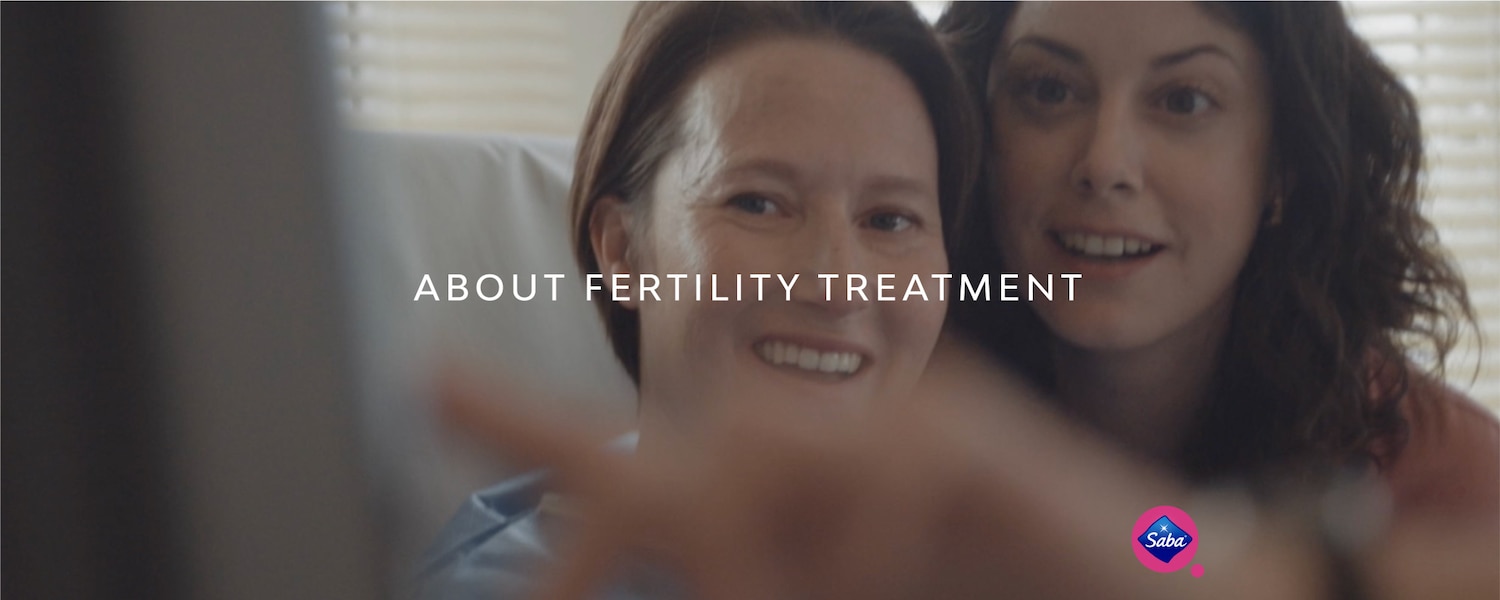About Fertility Treatment

To most people, fertility treatment means one thing: IVF (in vitro fertilization). In reality, it encompasses a wide range of procedures. Such procedures include various treatments for couples who haven’t been able to conceive; treatment to prevent the transmission of genetic conditions; or treatment to preserve the fertility of a transgender individual.
People who seek fertility treatment often do so after trying to have a baby for a long time. It can truly feel like a miracle when they finally have success!
In Vitro Fertilization (IVF)
The first IVF baby was born in 1978 in the UK. Since then, more than 8 million babies have been born using this procedure [1].
The in vitro fertilization process involves fertilizing an egg outside of the body and then implanting it into the womb. IVF can be carried out with a person’s own egg or an egg that has been donated. If someone is trying to get pregnant on their own or is in a same-sex couple, they will need to use donated sperm.
In some cases, an individual will freeze their eggs to preserve them and use them later through IVF.
The success of IVF varies from person to person and is impacted by their genetics, lifestyle, environment, and age. Generally, the older you are, the harder it is to have a successful pregnancy.
The chances of IVF working are highest when a person is in their 20s. Fertility begins to decline after age 30 and is very low after 35. There’s a 2 in 10 chance that fertilization attempts will lead to a baby for people over 35 and a 1 in 50 chance for people over 40 [2].
The chances of having a baby through IVF are relatively slim and many people often end up going through multiple rounds of expensive, exhausting treatments. It can be an incredibly stressful and isolating process for the person receiving IVF and their partner.
E! News host Lilliana Vazquez is currently pregnant after 6-years of trying through IVF. She opened up about her experience [3]:
One dangerous stereotype that came up as I was going through this journey was that Latinas are fertile. Your family is such a key and core part of who you are, especially when you're part of the Latinx culture.
Although she knew their comments came from a place of love, they still stung.
That love can feel hurtful when you're struggling with something so painful and so shameful. And if you can't go to the people that you love and trust and support you and are like the bedrock for you—culturally, and emotionally—you feel so alone.
Stop the stigma around fertility treatment
Even though fertility treatment has helped millions of people have babies, there is still a stigma out there around IVF. Some might feel blamed for being unable to get pregnant naturally, as Lilliana Vazquez experienced with her family:
They're saying like, 'What's taking so long? Why aren't you guys having babies?' and 'You should be pregnant [with] three kids by now.
She even kept her journey to herself out of fear of criticism because IVF is “unnatural”:
Family members might ask, 'Who are you to play God? And if this is not what God intended for you, why are you messing with it?' My mom was the only one that knew.
Despite social distancing measures putting fertility treatments on hold for many, we are lucky to live in a medically advanced world that allows everyone to have children. That should be celebrated, not stigmatized.
Going through fertility treatment can feel isolating, but there’s lots of support available.
RESOLVE has peer-led support groups for people trying to conceive and works to change the negative connotations that come with infertility and fertility treatments. The CDC has a wealth of information on infertility and reproductive health.
Saba® makes you feel #CómodaContigo.
References